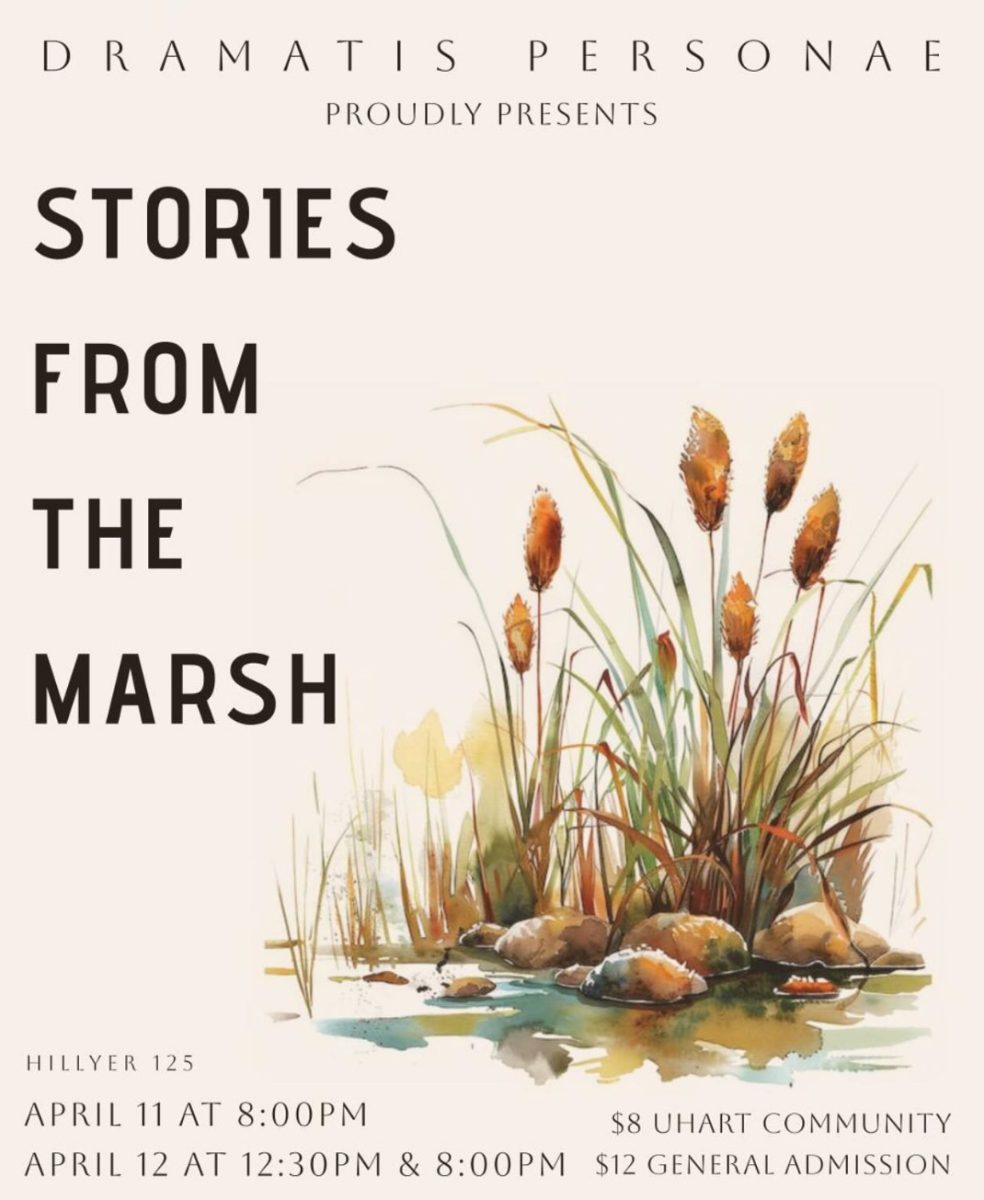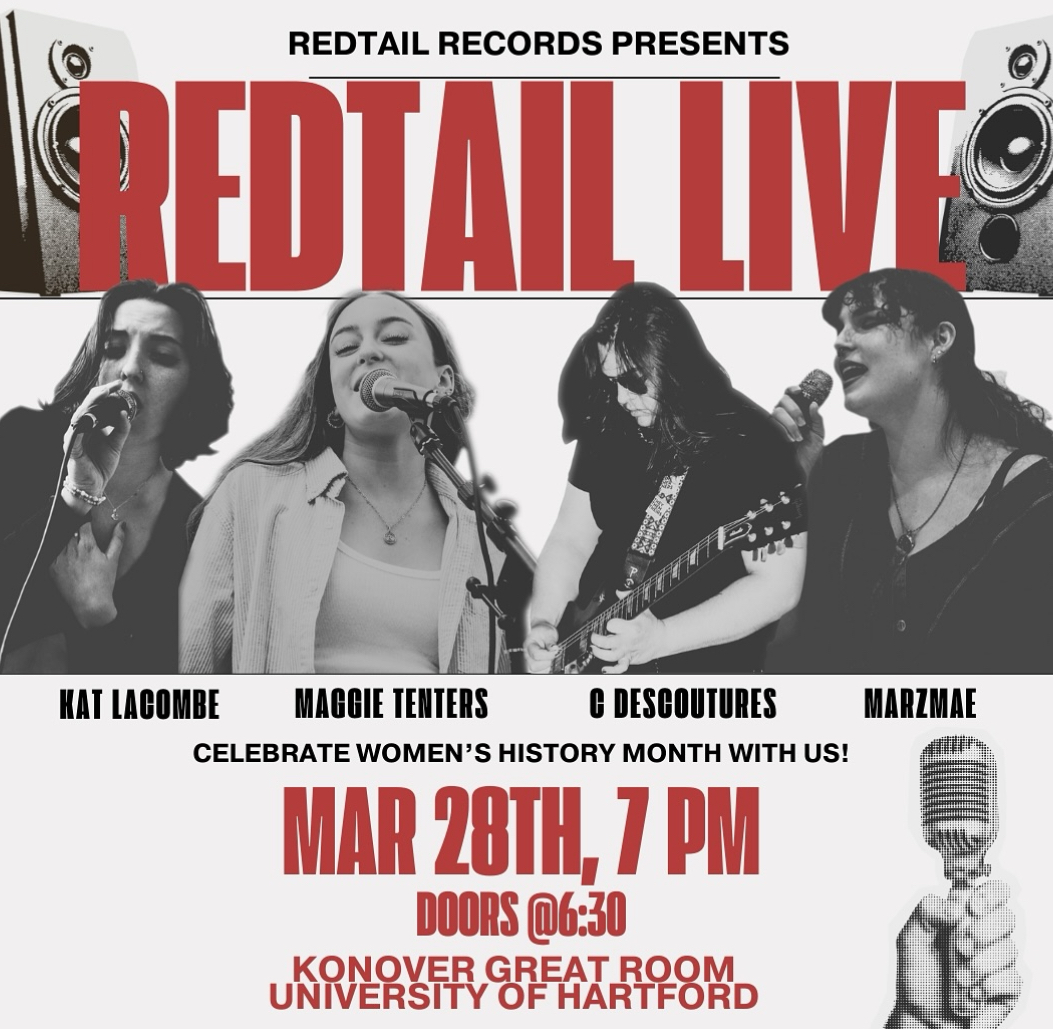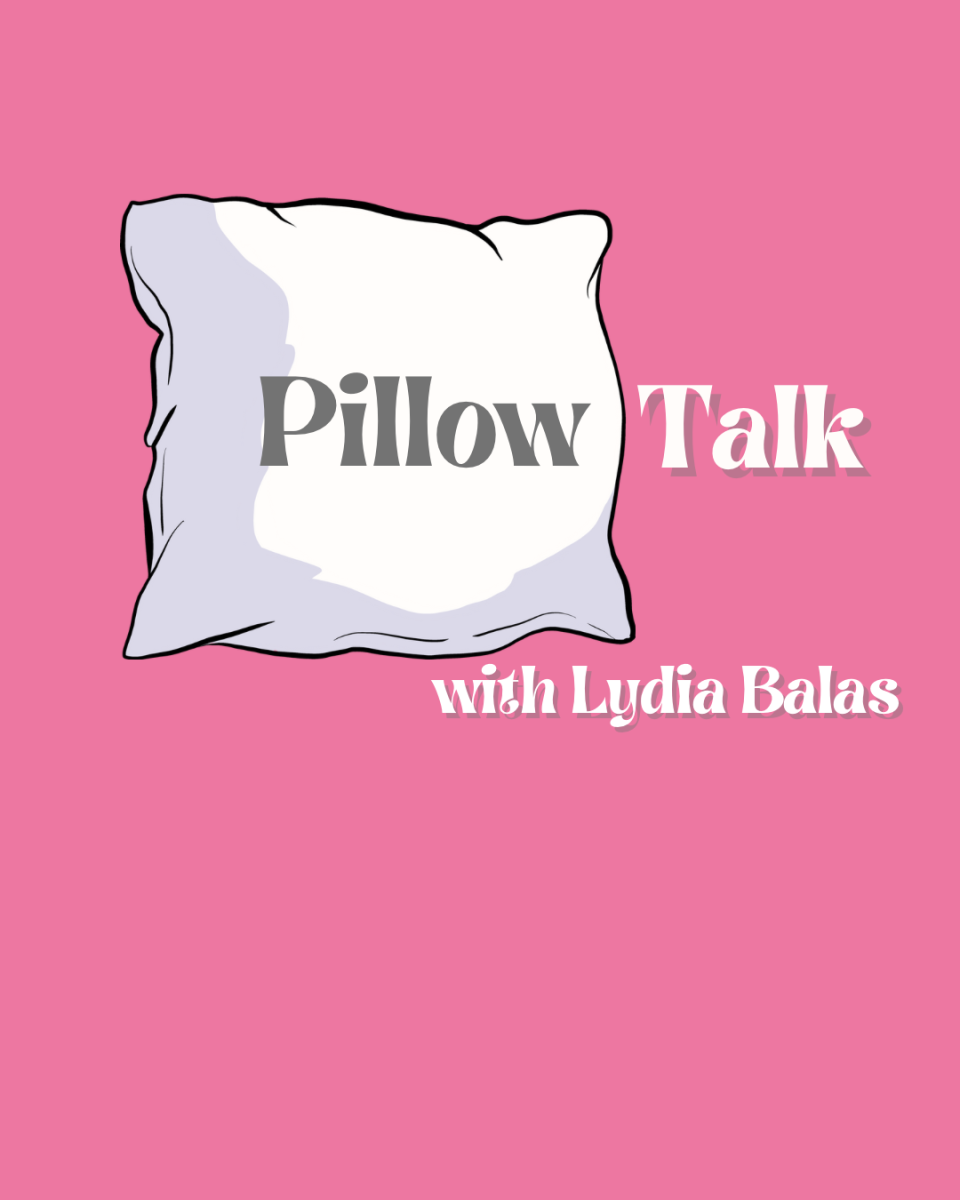Opera Singers Heal COVID-19 Patients’ Ability to Breathe

Image Courtesy of NYT
February 17, 2021
The arts have taken a huge hit because of the COVID 19 pandemic. Broadway and Opera companies have not been able to perform in front of live audiences for almost a full year. However, a leading opera company in Britain, the English National Opera, wanted to use their energy and skillset to help those in need.
Early in the pandemic, the English National Opera (ENO) wardrobe department made protective equipment for hospitals during a time of nationwide shortage.
In September 2020, ENO offered a drive-in opera show, featuring a performance of Puccini’s La Bohème broadcast over large screens in a London park. Although the ENO already contributed quite a bit, they felt like they could do more.
In an interview with Jenny Mollica, head of ENO’s outreach work, she explained her idea of helping COVID-19 patients with their breath. The idea had developed over the summer when it was becoming evident that the longer side effects of COVID-19 that take a while to settle were chest pain, fatigue, brain fog, and breathlessness.
“Opera is rooted in breath,” Mollica said, “That’s our expertise. I thought, ‘Maybe ENO has something to offer.’”
Dr. Sarah Elkin, a respiratory specialist at one of England’s biggest public hospital networks Imperial College NHS Trust, and her team has been aiming to come up with ways to treat the patient’s long term. Mollica approached Dr. Elkin with her idea of a breathing and singing workshop.
Elkin used to be a singer herself, so she was open to this idea. “With breathlessness, it can be really hard,” Elkin explained, “Once you’ve gone through the possibilities with drug treatments, you feel you don’t have a lot to give people.”
Twelve patients were recruited to take the course. After each patient had a one-on-one consultation with a vocal specialist to recall their experience with COVID-19, they took part in weekly group sessions online. Suzi Zumpe, a vocal coach and their instructor, started with the basics such as posture and breath control, before guiding participants through humming and singing, trying them out in class, and encouraging the patients to practice at home. The overall goal of the class was to make the most out of their lung capacity in times of physical damage and anxiety, both caused by COVID-19.
For the singing aspect of the course, Zumpe had the idea of using lullabies drawn from cultures around the world. According to Zumpe, they are easy to master, and they are soothing. “We want to build an emotional connection through music; make it enjoyable,” she said, “It’s not just physical.”
A patient in the class, Wayne Cameron age 56, spoke highly of the class. “The program really does help,” he said, “Physically, mentally, in terms of anxiety.” He also spoke of feeling connected and able to share a virtual space and stories with other patients.
Dr. Elkin said that other participants in ENO’s workshop had also reported positive effects from the class. She had commissioned a randomized trial to deepen clinical understanding and why the workshop is beneficial. “Some people think it’s a bit touchy-feely,” she said, “They want evidence [that it works.]”
As much as these COVID-19 patients and clinicians have benefitted from ENO’s workshop, the opera company has equally benefitted themselves. “Everyone’s found it really motivating,” she said, “It’s fantastic to realize that this skill-set we have is useful.”
The ENO has found an impactful way to contribute to the physical and mental wellbeing of many COVID-19 patients throughout England. It not only gave patients a newfound appreciation for opera music but an overall appreciation for simply breathing. That is a huge win. ‘“Until Covid, I took breathing for granted,” a patient said. “So, it’s a blessing, in a way”.









